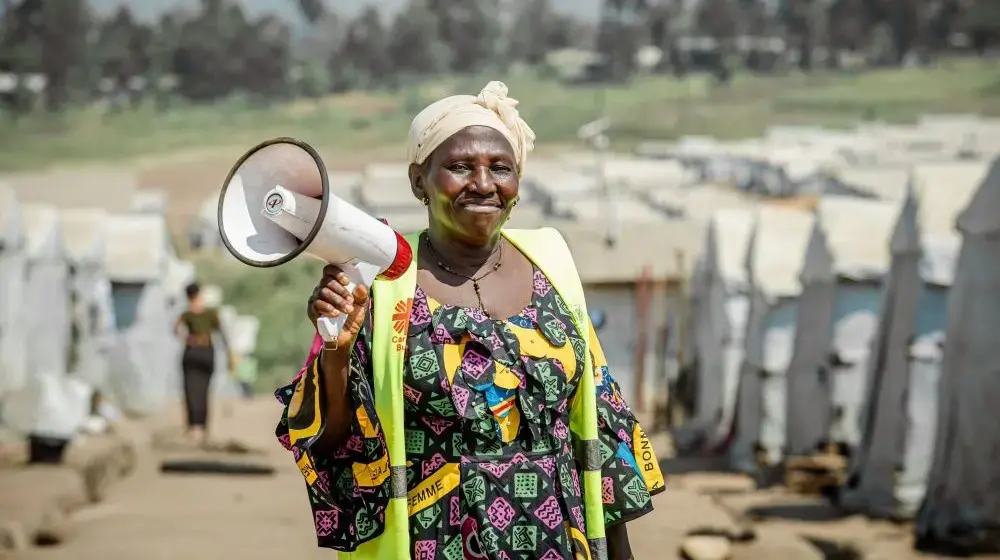Significant progress has been made in all seven countries where a joint UNFPA/UNAIDS project that links sexual and reproductive health and HIV has been running since 2011.
In Botswana, for instance, a 30 per cent increase in women living with HIV accessing dual family planning services was recorded in one of the project districts, while screening for cervical cancer has risen by more than 50 per cent. This resulted from the introduction of sexual and reproductive health (SRH) services, specifically family planning and cervical cancer screening, by re-allocating midwives from the Sexual Reproductive Health unit of the clinic to the Infectious Disease Control Clinic.
The project’s good results were discussed at the third regional project steering committee meeting in Johannesburg in September, which focused on the findings and recommendations of a mid-term review.
The good outcomes include the following:
- In Swaziland, the use of mentors to strengthen service provision at all levels helped to identify gaps using data-driven assessments. These gaps were then addressed through supportive supervision to build capacity, re-organise and assist in setting new smart targets. The percentage of pregnant women tested for HIV at first antenatal clinic (ANC) visit increased from 87 per cent in 2011 to 100 per cent in 2013; percentage of HIV-positive pregnant women given Nevirapine Intra Partum Dose (IPD) increased from 0 per cent in 2011 to 95 per cent in 2013; percentage of HIV-positive pregnant women given antiretroviral treatment (Zidovudine, AZT) increased from 57 per cent in 2011 to 83 per cent in 2013; and percentage of HIV-exposed infants tested at 6-8 weeks increased from 92 per cent in 2011 to 100 per cent in 2013.
- In a pilot study of the integration of SRH-HIV services in Namibia in seven sites, the four dimensions of integration were analyzed: Who (provider) does What (service), Where (setting) and When (time). It was concluded that the organizing of services using the model of ‘one nurse, one patient, one room’ has the potential to improve nurse productivity, reduce patient waiting times for first ANC visit and reduce stigma and discrimination.
Other good practices emerging from this programme relate to the integration of youth-friendly services; the introduction of a service card to capture integrated service provision, track SRH-HIV commodities and patient flow; the Step-by-Step Approach to Development of SRH and HIV Linkages Service Guidelines; and innovative civil society models in strengthening integrated service delivery.
Project is well on track
The independent mid-term review showed the steering committee – consisting of 18 members from the seven country governments, civil society, UNFPA and UNAIDS – that the project is well on track. Significant progress has been made in all seven countries in adapting and strengthening SRH and HIV policies and strategies to incorporate integrated services.
A growing volume of knowledge-based material is being generated through project activities, and these need to be further documented and analyzed. Solid working relationships have been forged with Ministries of Health, the programme facilities and implementing civil society organization (CSO) partners. Key Ministry of Health officials have expressed their commitment to strengthening the process of integrating SRH/HIV services.
The management and financial review concluded that the systems and processes currently in place were working efficiently. The project management structures at regional and country level were strong and no financial irregularities were reported.
The programme, funded by the European Union (EU) and the Swedish International Development Cooperation Agency (Sida), has been implemented in Botswana, Lesotho, Malawi, Namibia, Swaziland, Zambia and Zimbabwe. It has a total budget of $15 million for the period 2011-2014/15.
For further information, contact Åsa Andersson, Regional Project Coordinator, UNFPA ESARO (aandersson@unfpa.org).



